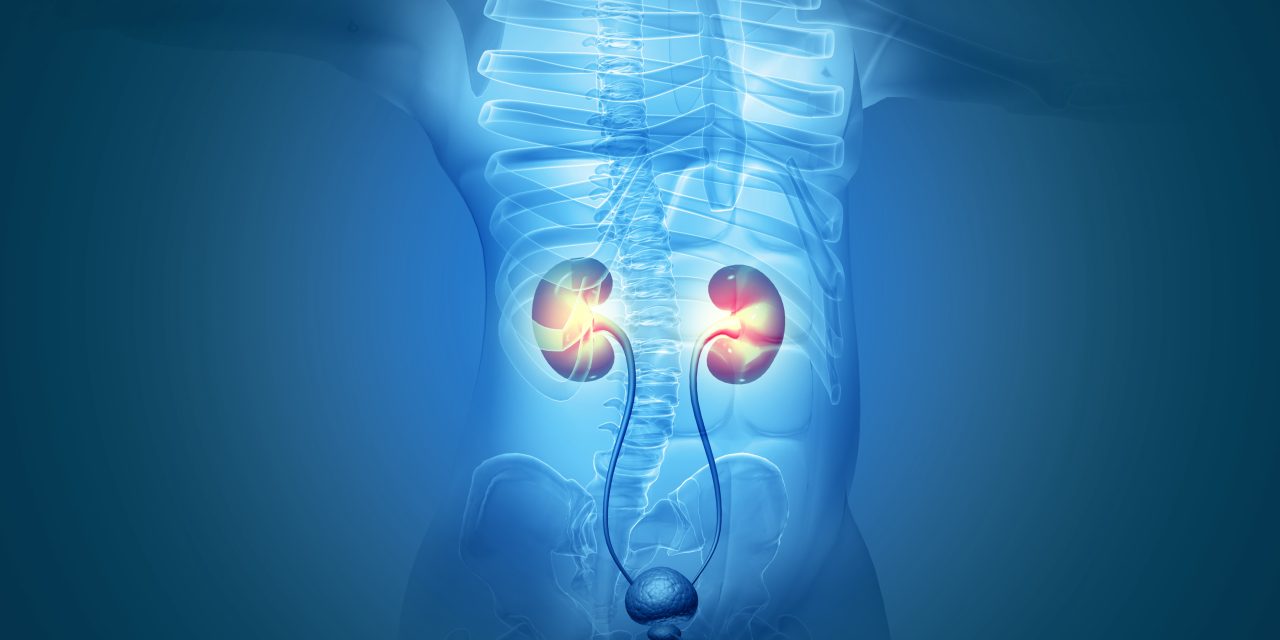Enterococcus faecalis is a significant cause of nosocomial infections and other diseases, including endocarditis, bacteremia, and urinary tract infections. This microorganism forms biofilms to overcome difficult environmental conditions, such as lack of oxygen, lack of water, and the presence of antimicrobials. These biofilms make diseases difficult by changing their proteome contents, protecting the bacterium, and increasing their pathogenicity. This study aimed to evaluate gentamicin’s effect on proteome changes and biofilm formation in E. faecalis.
Twenty-five clinical isolates and one standard isolate were selected for the experiments. A label-free/gel-free proteomic and microtiter plate techniques were used to study proteome changes and biofilm formation, respectively.
Gentamicin significantly increased the biofilm formation in 62% of isolates and the rest of the isolates; no significant change was observed. The abundance of lactate utilization protein C, ribosomal RNA small subunit methyltransferase H, and protein translocase subunit SecA were increased. However, the abundances of proteins effective in cell division and metabolism, such as replication initiation protein and segregation and condensation protein A, were decreased.
The present study’s findings exhibited that antibiotics might have adverse effects on treatment and increase microorganisms’ pathogenicity. It was observed in gentamicin as induction of biofilm formation through different mechanisms, particularly changes in the expression of specific proteins in E. faecalis.
Copyright © 2021 Elsevier Ltd. All rights reserved.
Induction of proteome changes involved in biofilm formation of Enterococcus faecalis in response to gentamicin.


